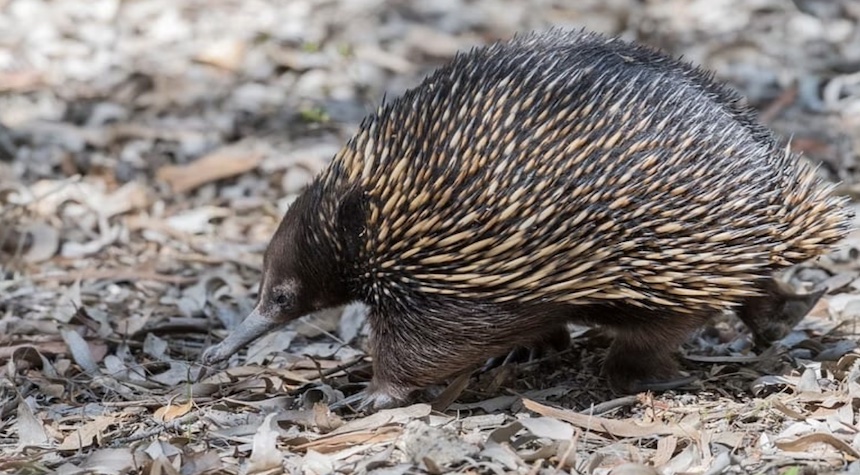It’s nice to hear some good news every now and then. This is a fascinating piece of news for those who are interested in biology, and in particular, the field of zoology. An independent team of biological surveyors in Indonesia reported the sighting of an endangered egg-laying (monotreme) mammal, a critically endangered species that had not been seen for over 60 years. It’s not a huge and very interesting discovery.
Researchers captured rare footage of an endangered species in an Indonesian mountain range. The species hasn’t appeared on camera for over 60 years.
Researchers with Expedition Cyclops were able to capture the first-ever photographic evidence of Attenborough’s long-beaked echidna, a critically endangered egg-laying mammal, in Indonesia, according to a report from NBC News.

According to the report, the 25-person crew embarked on a nine-week expedition. The crew faced scares like malaria, and earthquakes, and one member had a leech in his eye for 33 hours.
It is hard not to be impressed by the perseverance of these people. These researchers have a dedication that is unmatched. What if a leech was stuck in your eyes for 33 hours? What could be more horrifying?
In addition to the echidna, the team made other important discoveries.
According to NBC News, the researchers returned from their expedition with hundreds of new insects and two new species of frogs. They also brought back a shrimp species that lives on the land.

Monotremes are primitive mammals of the Monotremata order, which include echidnas of all kinds and platypuses. The word “monotreme”, which is derived from Greek, means “single-hole” and refers to the fact that these animals have a reptile cloaca rather than the mammalian separation between reproductive and excretory organs. Monotremes, the only mammal that lays eggs, are also the only mammal that feeds their young milk. However, they lack breasts and nipples but instead feed their young milk from skin glands.
In recent weeks we have seen a number of stories about people using animals to promote a political agenda. We’ve also seen interesting pieces on the behavior and intelligence of some of Earth’s most intelligent species. It’s not a political issue, nor is it as “cool” or sexy to look at as porpoises or grizzlies. But as someone with a background in field zoology, I find any such discovery (or re-discovery) interesting. In Biology with an emphasis on animal behavior and field research, I find such discoveries (or rediscoveries) fascinating. Earth is home to millions of species that represent a great diversity in behavior and form. Each odd critter might not have an impact on our daily lives, but it’s still good to know they exist. In the words of Emil Faber founder of Faber College: “Knowledge Is Good.”


